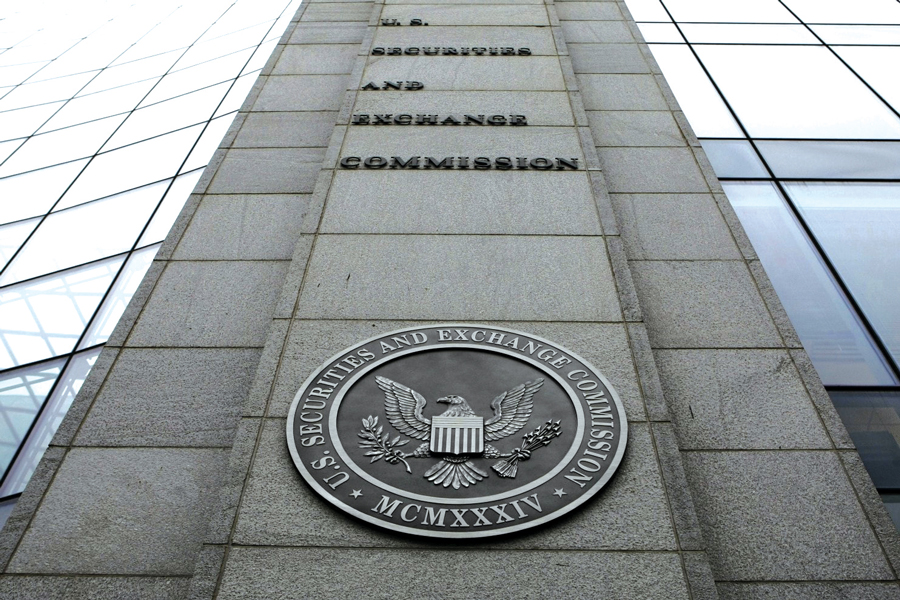

After pleading guilty to criminal charges over the summer, two senior executives of the Woodbridge Group of Companies on Friday settled civil charges with the Securities and Exchange Commission for $3.75 million.
The two executives, Dane Roseman and Ivan Acevedo, were both sales managers for Woodbridge at different times between 2013 and 2017. They worked for Robert Shapiro, Woodbridge's CEO, who in 2019 received the maximum sentence of 25 years in prison for running a $1.3 billion fraud that caused more than 7,000 retirees and other investors to lose money.
Shapiro, of Sherman Oaks, California, promised returns as high as 10% from investments in loans to property developers. Instead, he used money from new investors to repay earlier ones and used $36 million to buy luxury homes, wines, paintings and custom-designed jewelry for his wife.
Roseman agreed to pay disgorgement of $2.43 million plus $423,000 in interest, according to the SEC, while Acevedo agreed to pay $743,000 in disgorgement plus $161,000 in interest. In September, a federal judge in Miami sentenced both Roseman and Acevedo to five years in prison.
The Financial Industry Regulatory Authority Inc. over the past few years has suspended and barred a number of brokers who sold the Woodbridge securities, which were unregistered securities.
As sales managers, Roseman and Acevedo sold Woodbridge securities and trained and supervised Woodbridge internal sales agents who sold Woodbridge securities, according to the U.S. Attorney's office. Using high-pressure sales tactics, Shapiro, Roseman, Acevedo, and others marketed and promoted these investments as low-risk, safe, simple and conservative.
Shapiro, Roseman and Acevedo falsely claimed that Woodbridge was profitable and advertised high rates of return to investors, according to the U.S. Attorney. However, Shapiro’s real estate portfolio failed to generate sufficient cash flow to satisfy the loan obligations and interest payments owed to investors.
To make up for the cash deficiency, Shapiro resorted to making Ponzi payments, meaning hundreds of millions of dollars invested by new investors were used to pay “returns” to older, existing Woodbridge investors, according to the U.S. Attorney.

While industry statistics pointing to a succession crisis can cause alarm, advisor-owners should be free to consider a middle path between staying solo and catching the surging wave of M&A.

New joint research by T. Rowe Price, MIT, and Stanford University finds more diverse asset allocations among older participants.

With its asset pipeline bursting past $13 billion, Farther is looking to build more momentum with three new managing directors.

A Department of Labor proposal to scrap a regulatory provision under ERISA could create uncertainty for fiduciaries, the trade association argues.

"We continue to feel confident about our ability to capture 90%," LPL CEO Rich Steinmeier told analysts during the firm's 2nd quarter earnings call.
Orion's Tom Wilson on delivering coordinated, high-touch service in a world where returns alone no longer set you apart.
Barely a decade old, registered index-linked annuities have quickly surged in popularity, thanks to their unique blend of protection and growth potential—an appealing option for investors looking to chart a steadier course through today's choppy market waters, says Myles Lambert, Brighthouse Financial.
